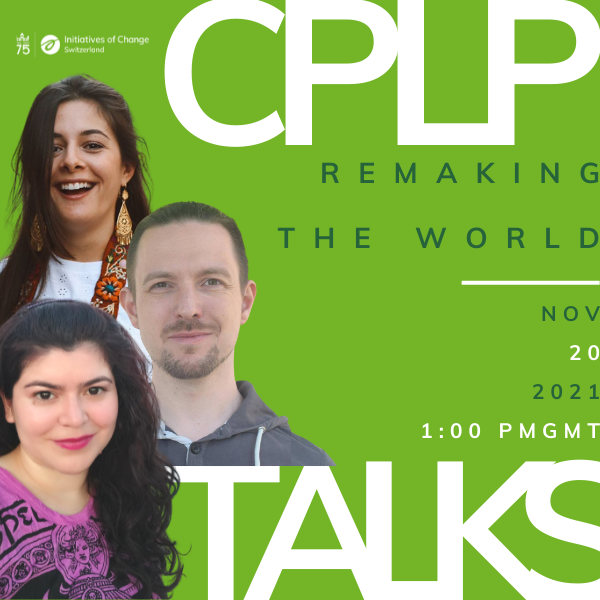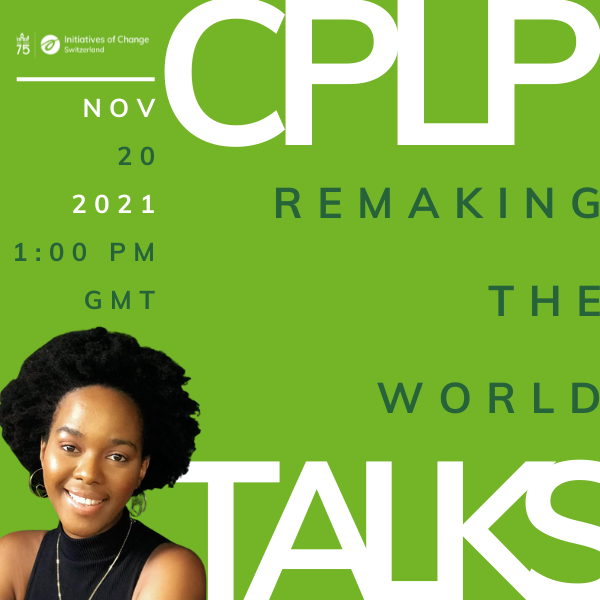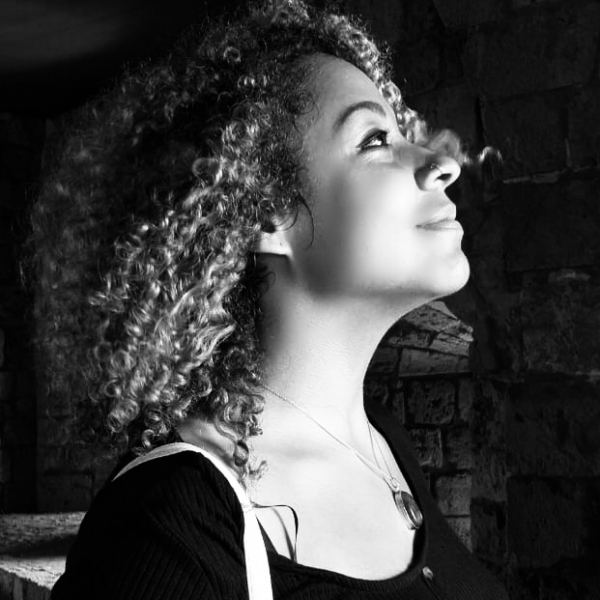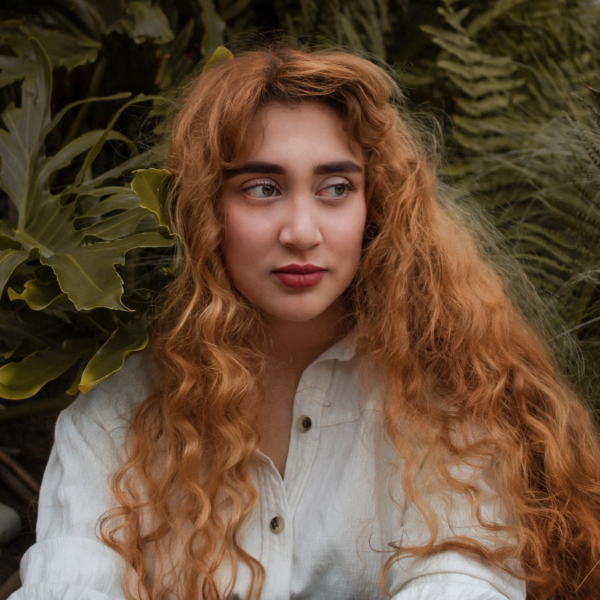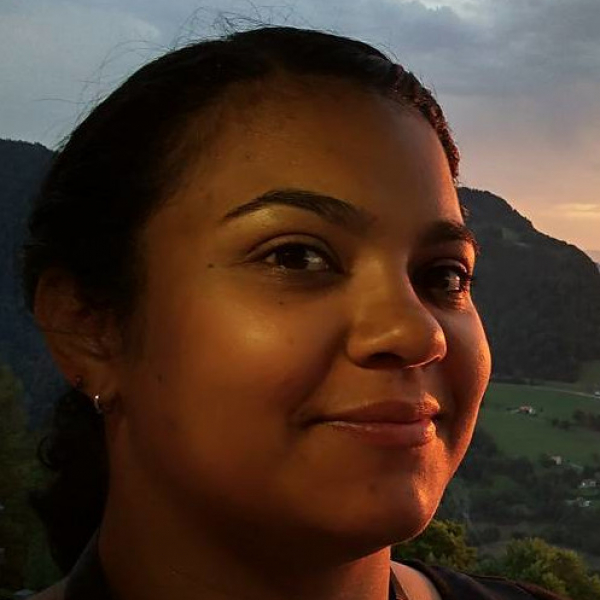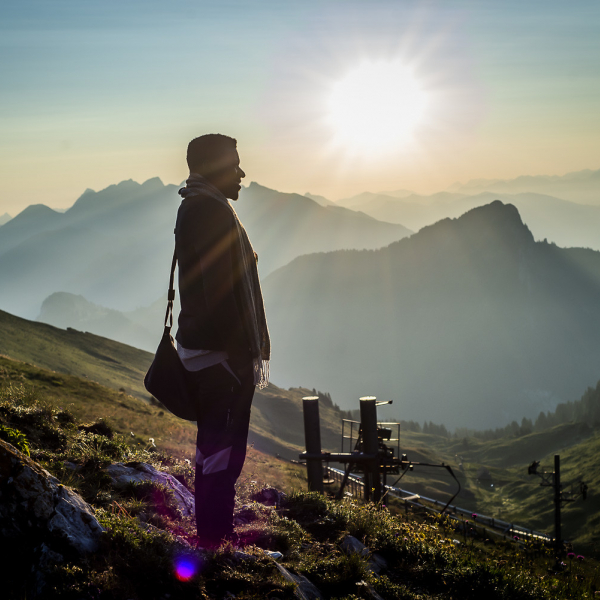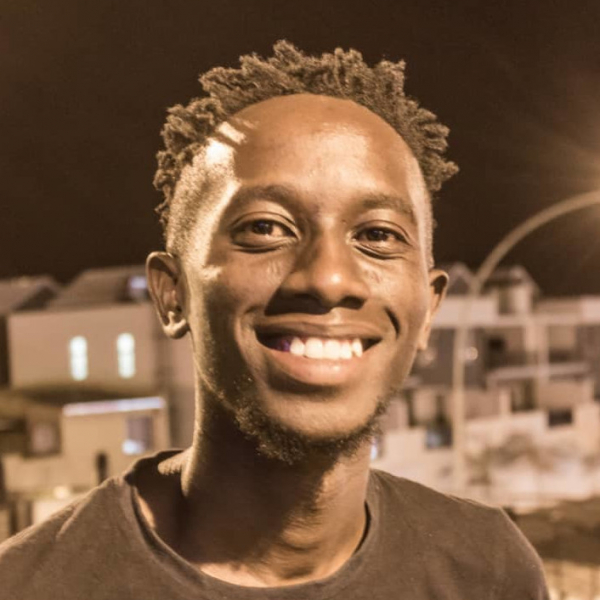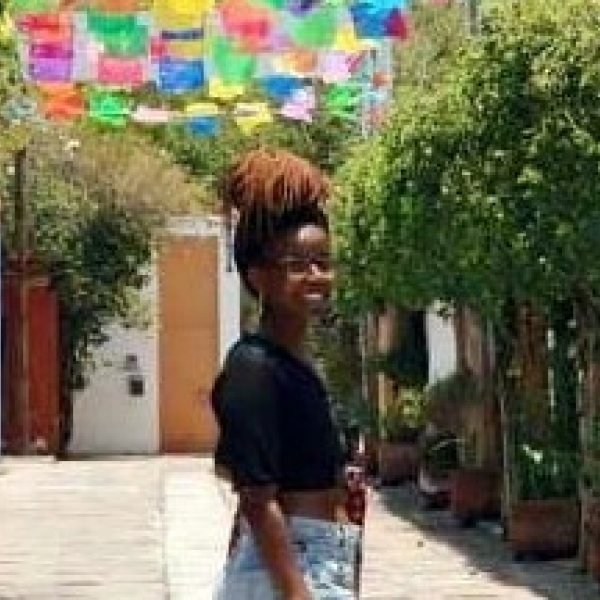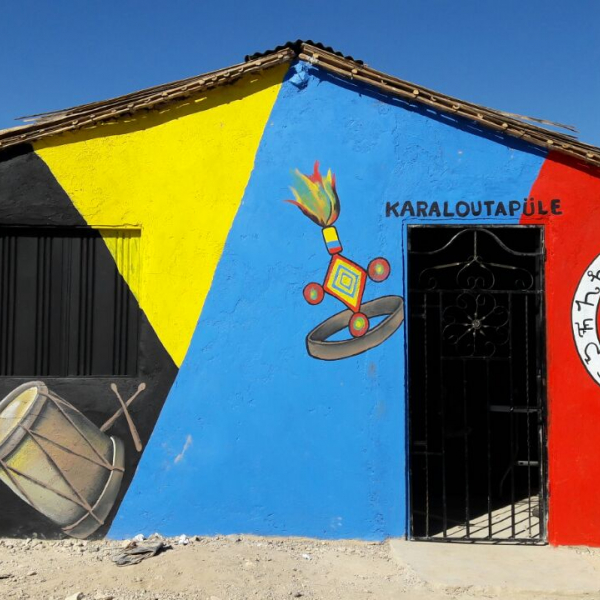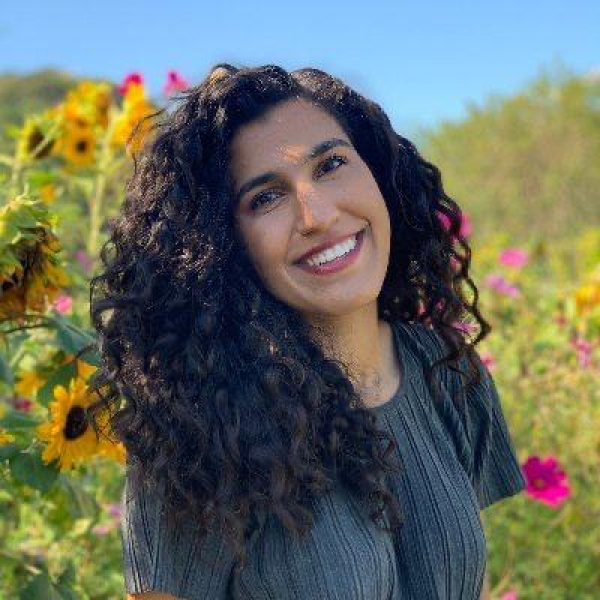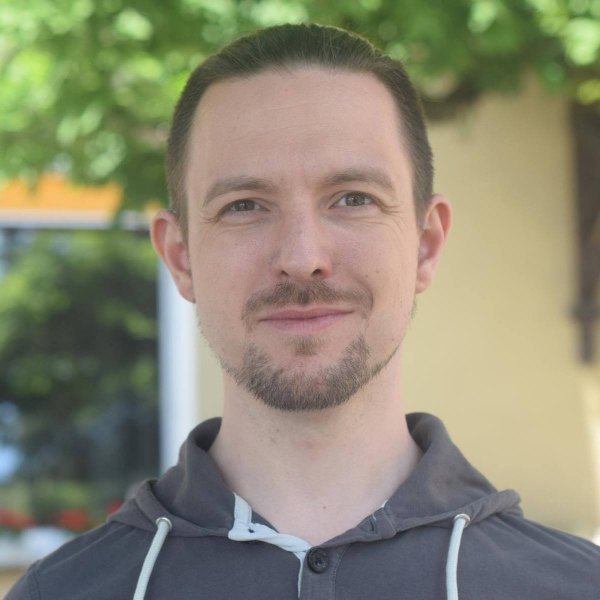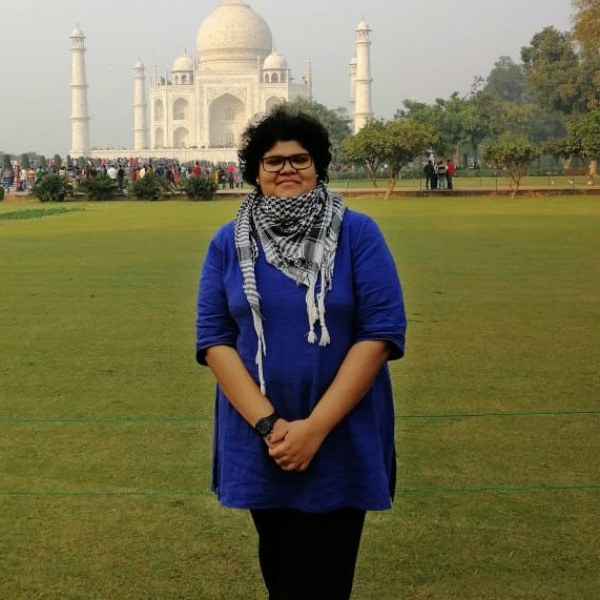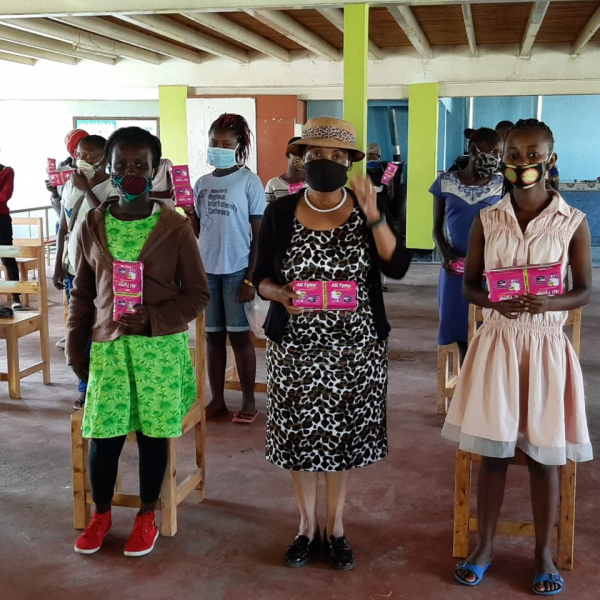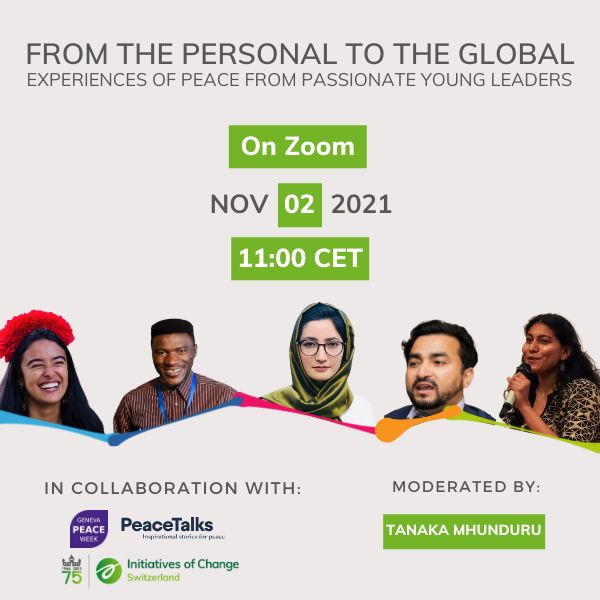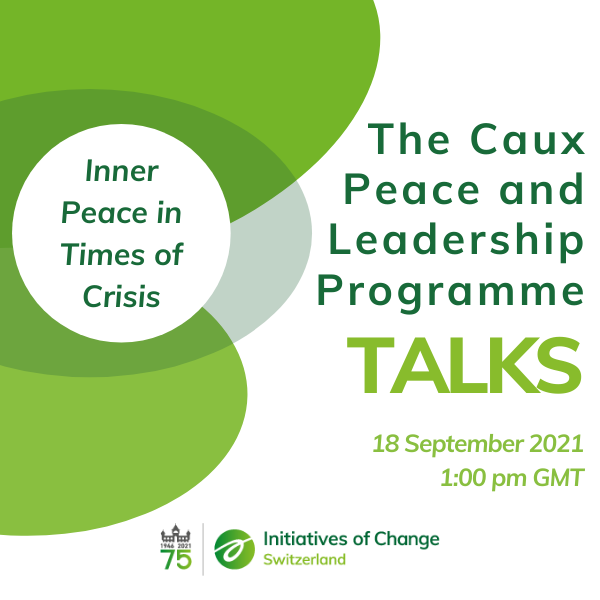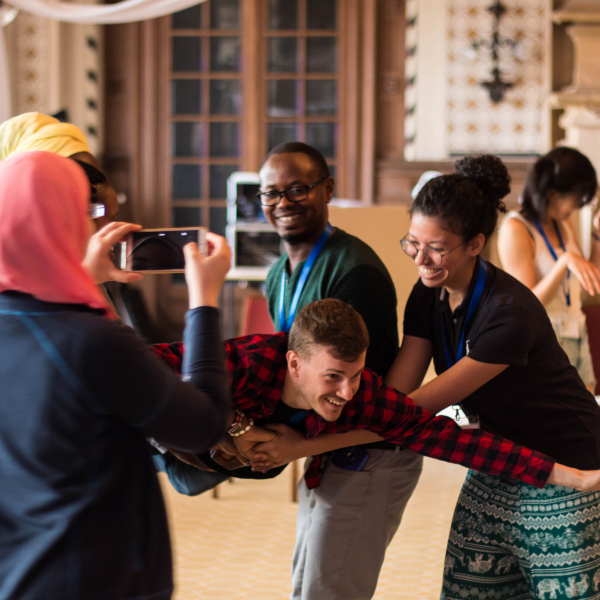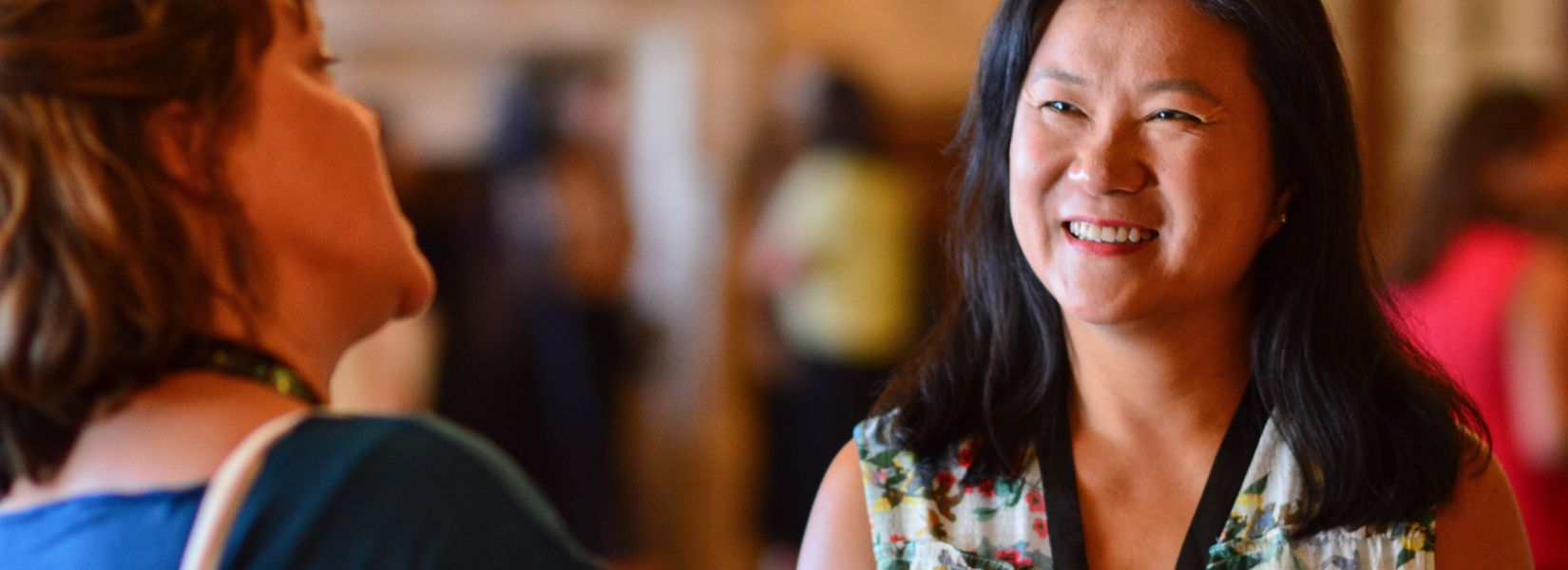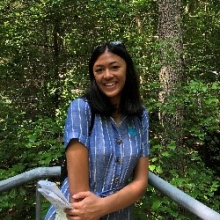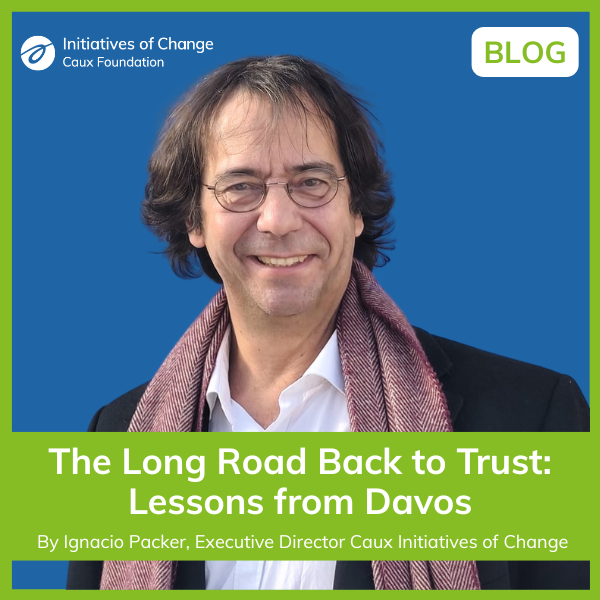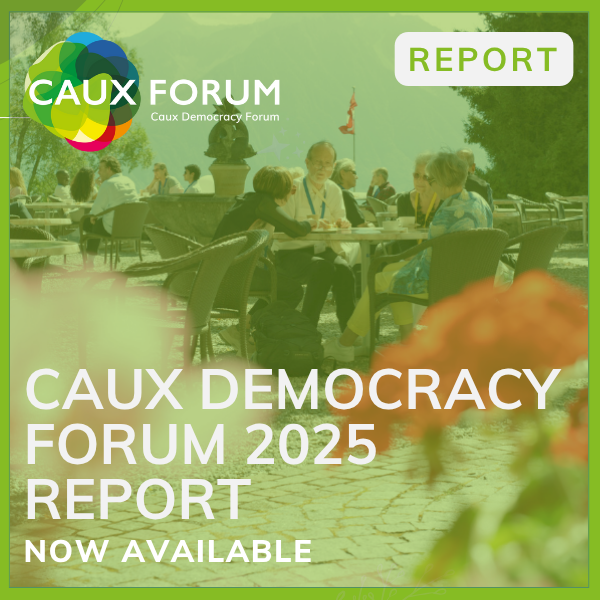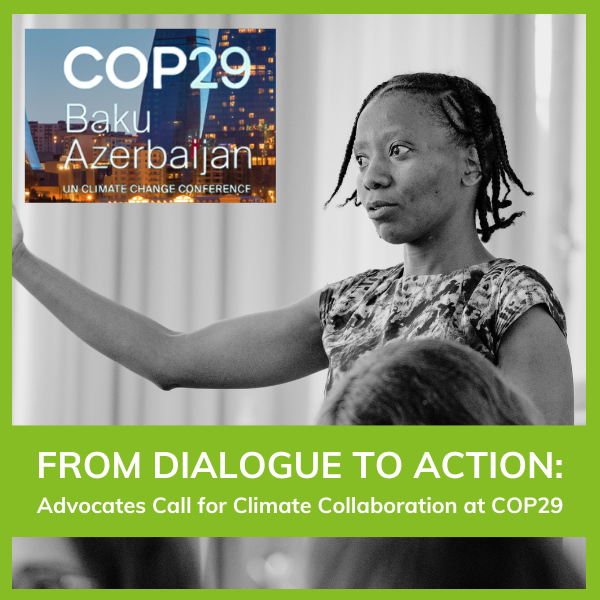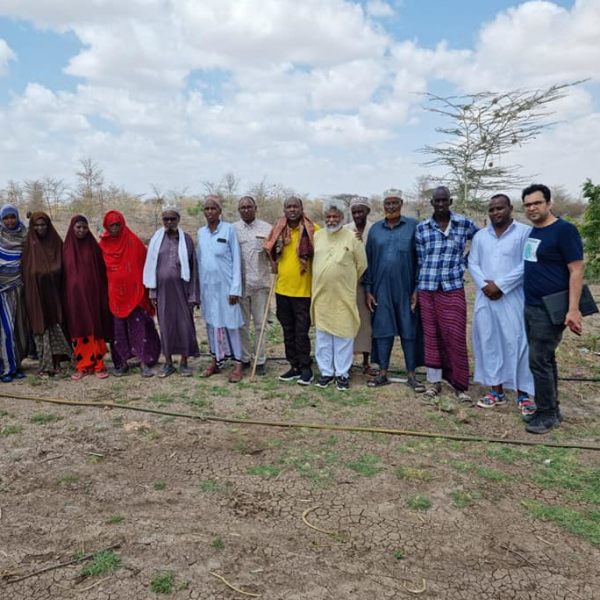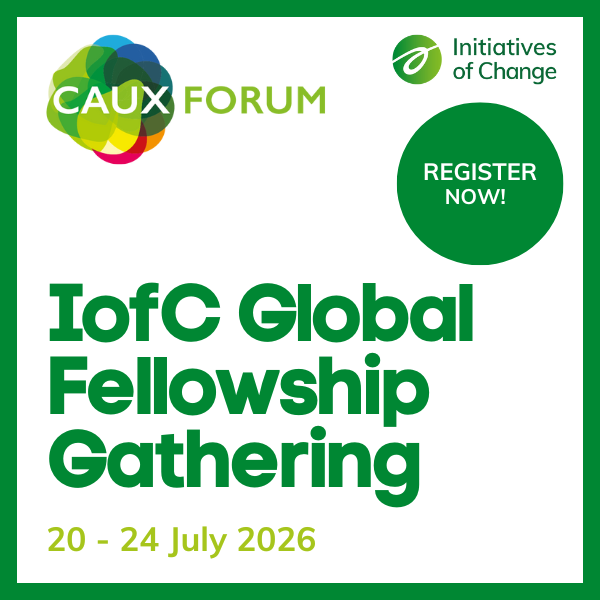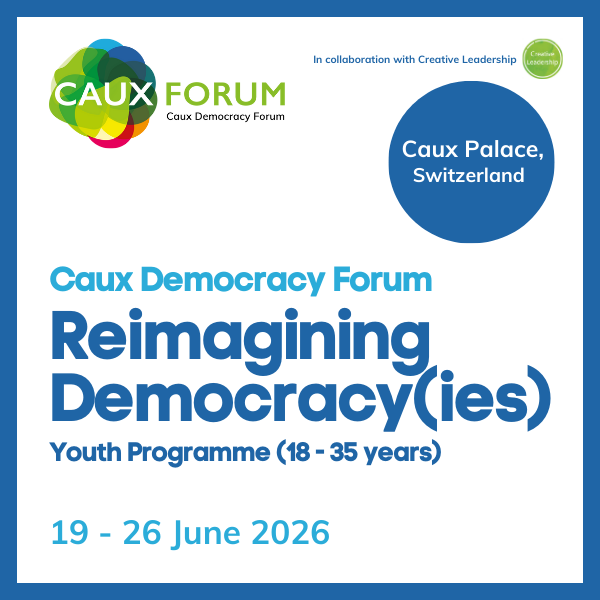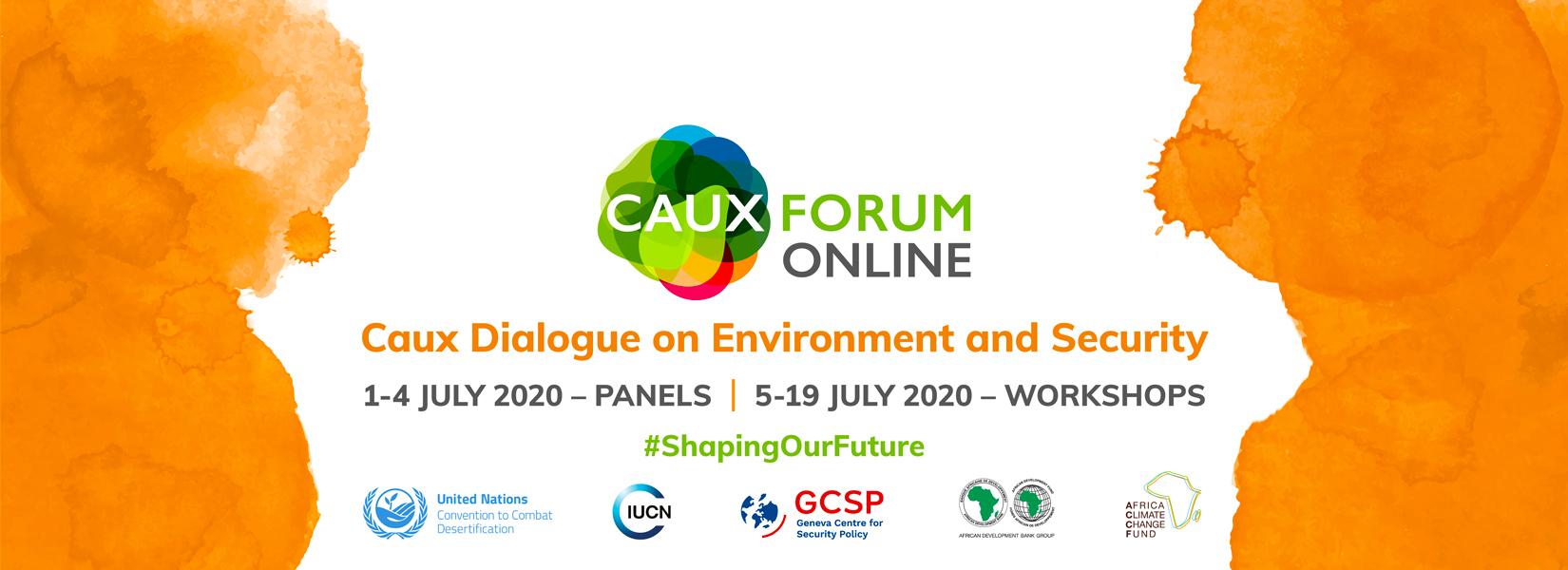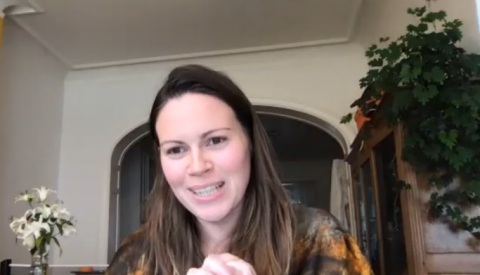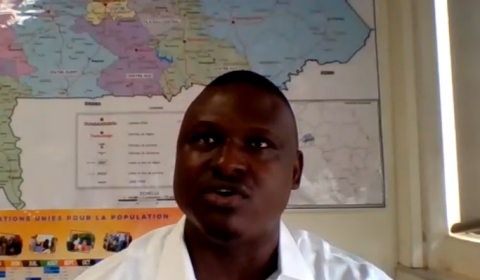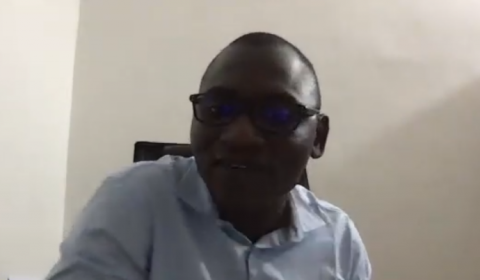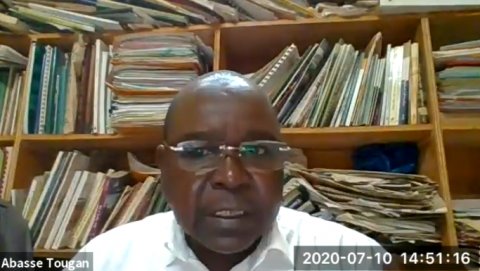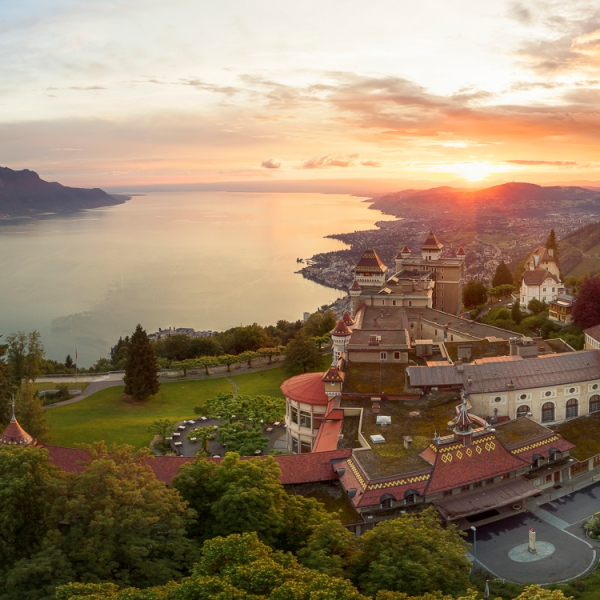From Caux to the Mandela Mile
Caux Peace and Leadership Programme
23/07/2020
18 July was the birthday of Nelson Mandela and this year marked the end of the first Mandela Mile Leadership Programme (MMLP). This 14-week programme had 36 participants from 21 countries. Some of the Caux Peace and Leadership Programme (CPLP) alumni acted as buddies, accompanying the participants on their leadership journeys. MMLP ended with a 24-hour Mandela Mile livestream, interspersed with videos from the participants telling of their experiences.
One of them was Romano Iluku from Kenya, who was also a buddy. He writes:
"I was brought up in one of the largest slums in Africa, Kibera in Nairobi. Life in the slum means you have no opportunity and no hope for the future. I was accustomed to living in a 10x10 single room with five family members, going without food at times, walking barefoot and staying out of school due to lack of fees.
Life in this environment is indeed pathetic. But because I discovered the person I was capable of being, I rose above the walls and barriers to transform my personal life. I am currently pursuing a course in international relations, peace and security.
I’m passionate about education and transformation. It is what has made me what I am today. And my passion for transformation is guided by my desire to learn, love and serve humanity and so to change the narrative that nothing good can ever come from the slums. And the narrative that someone coming from a disadvantaged background will never have any opportunities.
My experience at CPLP 2018 was a life-changing one. Experiencing Caux’s values and interacting with great and inspirational leaders made me think of something bigger. This led me into starting an organization where I live, to create flourishing and resilient communities.
The CPLP also opened the door for me to participate in MMLP.
MMLP nurtures the leadership skills of young leaders engaged in grassroots development initiatives around the world. My 12 weeks with MMLP were productive in many ways. I found the experience of being a buddy amazing and humbling. The experience borrowed much from Caux’s values: quiet time was central to helping young leaders reflect on their personal journeys. I got a chance to share with two other participants from different countries. In my turn, I was privileged to have Nick Foster, from IofC and Caux, as my buddy. I was so encouraged and motivated by his support and received great insight on my spiritual journey.
Access to experts and guidance through the programme has helped me to shape the development of my initiative in Kenya and to realign it with three of the Sustainable Development Goals: reduced poverty (SDG 1), zero hunger (SDG 2) and reduced inequalities (SDG 10).
Interacting with likeminded and visionary leaders through MMLP and learning from their inspiring experiences was indeed remarkable to me. It has helped to improve my confidence as a young leader. "
My experience at CPLP 2018 was a life-changing one.
Find out more about the Caux Peace and Leadership Programme (CPLP).
Image: Mandela Mile

